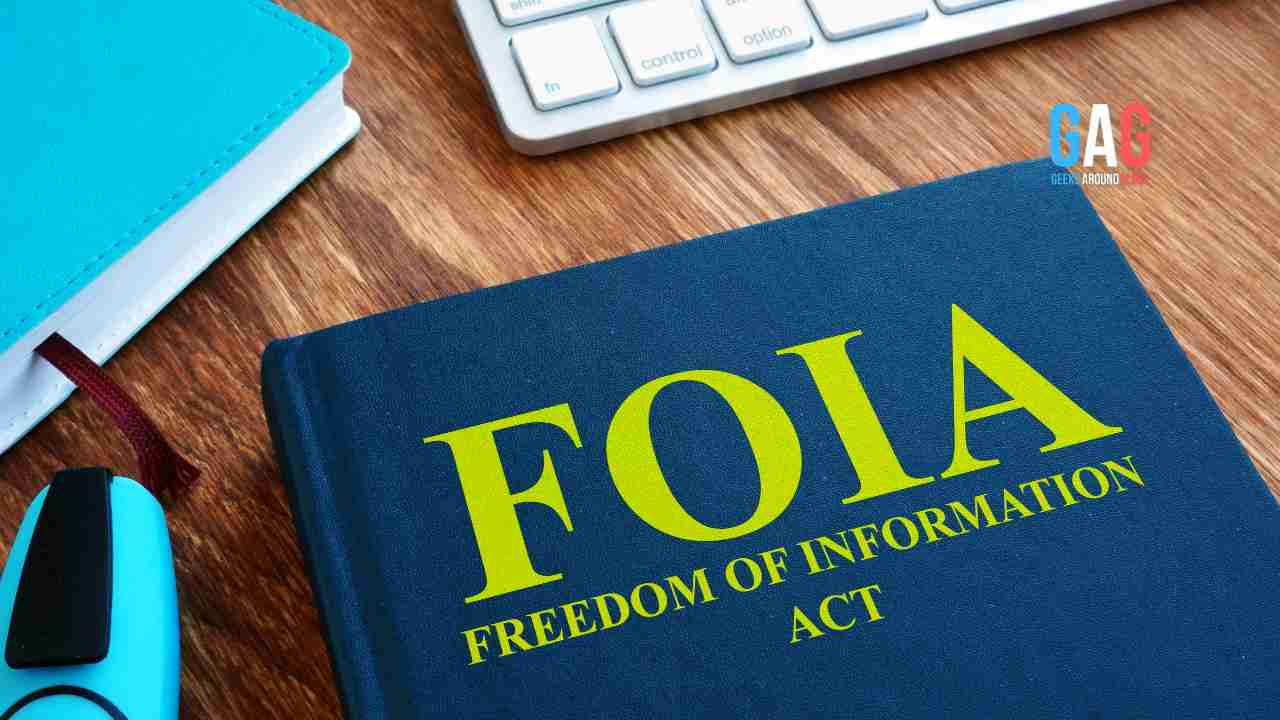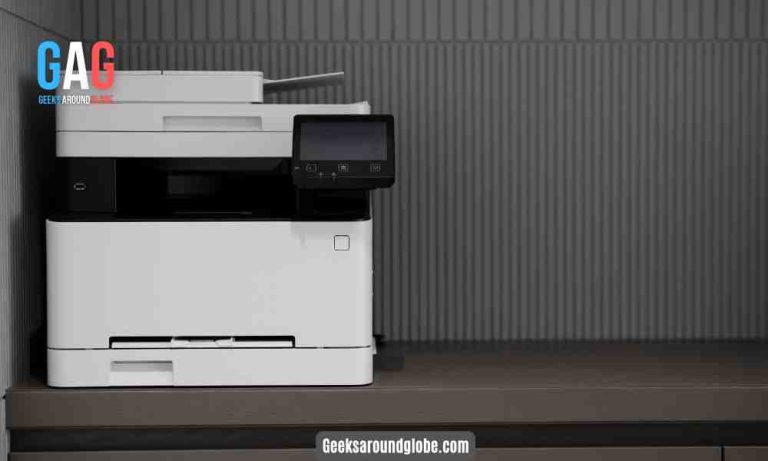In an age where transparency and accountability are paramount, the Freedom of Information Act (FOIA) stands as a crucial pillar of democracy. This powerful piece of legislation grants citizens the right to access government records and information, fostering an informed and engaged society. This article answers the question, “what is FOIA?” It also explains its fundamentals and explores its origins, key provisions, and practical implications.
Origins of FOIA
The Freedom of Information Act, enacted in 1966, emerged as a response to a growing demand for government transparency. It was a direct result of a burgeoning awareness that the public had a right to know what their government was doing behind closed doors. Before FOIA, government records were often shrouded in secrecy, making it nearly impossible for citizens to hold their leaders accountable.
The Core Purpose of FOIA
FOIA serves as a vital tool for citizens to gain access to government documents and records. Its primary goal is to ensure that government actions are open to scrutiny and that information is readily available to those who seek it. By allowing citizens to request government records, it lets individuals decide wisely, participate in civic activities, and hold public officials accountable for their actions.
Key Provisions
To grasp the essence of FOIA, it’s important to understand its key provisions:
1. Presumption of Openness
FOIA establishes a presumption that government records are open to the public unless they fall under specific exemptions. This presumption underscores the importance of transparency in government operations.
2. Access to Records
Under FOIA, individuals have the right to request access to federal agency records. Requests can be made for a wide range of documents, including reports, emails, memos, and more.
3. Exemptions
While FOIA promotes transparency, it also recognizes that some information must be kept confidential to protect national security, privacy, and other interests. The act includes nine exemptions that allow agencies to withhold certain information, such as classified documents or personal medical records.
4. Fees
Federal agencies may charge fees for processing FOIA requests, including search, review, and duplication costs. However, these fees are often waived or reduced for journalists, nonprofits, and educational institutions.
The FOIA Request Process
Here are the steps involved in making a FOIA request:
1. Identify the Agency
Determine which federal agency holds the records you are interested in. Each agency has its own FOIA office responsible for processing requests.
2. Prepare a Written Request
Your FOIA request must be in writing, clearly describing the records you seek. Be as specific as possible to expedite the process.
3. Submit Your Request
Send your request to the agency’s FOIA office. Many agencies provide online submission forms to streamline the process.
4. Await a Response
Agencies typically have 20 business days to respond to your request. They may provide the requested documents, deny the request, or offer a partial release with exempt information redacted.
5. Appeal If Necessary
If your request is denied or if you believe the agency did not provide all the requested information, you have the right to appeal the decision.
The Impact of FOIA
1. Investigative Journalism
Journalists often use FOIA to uncover government misconduct, corruption, and other hidden truths. Investigative reporting has exposed important stories that might otherwise have remained untold.
2. Government Accountability
FOIA helps ensure that government officials are accountable for their actions. It allows citizens and watchdog organizations to scrutinize government activities and promote accountability.
3. Academic Research
Researchers and scholars frequently rely on FOIA to access valuable government data for academic studies, policy analysis, and historical research.
4. Public Engagement
FOIA empowers citizens to engage in the democratic process by providing them with the information they need to participate in debates and make informed decisions.
In conclusion, to answer the question, “what is FOIA?” — it is an act that empowers citizens by granting them access to government records and promoting transparency and accountability. As you navigate the complex landscape of modern governance, FOIA remains a vital tool for ensuring that government actions are open to scrutiny.







